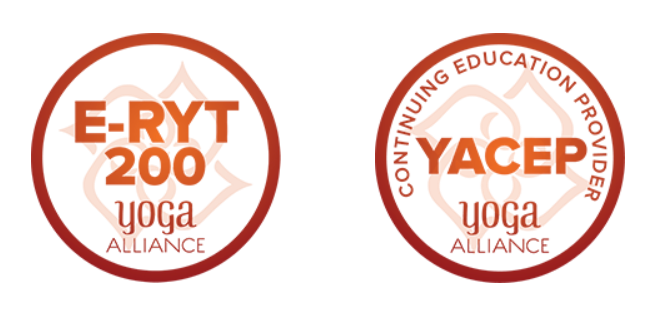
Course Description
What is the history of yoga in Latin America? Who were the main teachers and influential figures? What does the culture and practice of yoga look like in Latin America today? The field of Modern Yoga studies has inaugurated a vast amount of different possible research areas that transcend the regional and the disciplinary. Yet, regional developments outside of India and Anglophone environments are still often neglected. This course seeks to make incursion into the fascinating history of how yoga entered different parts of Latin America, whose yogic community is unquestionably large and fast-growing. While some cases simply continued other yogic trends in North America and Europe, there has also been fascinating episodes not found elsewhere.
This course will address in particular those cases in which yoga played important roles in various historical and political key events, and will also account for possible regional innovations worthy of attention. Students will critically consider some significant figures whose active participation in disseminating yoga was crucial for the consolidation of yoga from Mexico to Argentina.

Course Modules
Module 1 — Beyond Anglophone yoga
Module 2 — The betterment of the collective and the individual
Module 3 — Rocking yoga, or how psychodelia, New Age, and yoga exploded in popular culture
Module 4 — The global, the local, and… Post-modern yoga?
Students Will Receive:
- 4 Pre-recorded Video + Audio lectures (90 min)
- 4 Pre-recorded Q&A sessions (90 min)
- 4 ACP Credits
- 12 Hours of CE credit with YA
- Course Syllabus (PDF)
- Weekly Readings (PDF)
- 4 Multiple Choice Quizzes
- Yogic Studies Certificate (PDF)
- Access to the private Community Forum
Dr. Adrián Muñoz
Associate Professor at the Center for Asian and African Studies, El Colegio de México
Adrián Muñoz is an Associate Professor at the Center for Asian and African Studies, El Colegio de México, where he earned his PhD in South Asian Studies in 2007. He has specialized in South Asian religious traditions, with an emphasis in early modern expressions, but is also interested in the intricate relationships between religion, mythography, and literature across time and languages. Adrián’s research has usually focused on the history and literature of yoga, often dealing with issues of hagiography, variability, and identity. In recent years, he has been developing a research project on the reception and practice of yoga in Mexico, and coordinates a wider research group devoted to tracing the history of yoga in Latin America. He has authored various articles and book chapters these issues. His books include Historia minima del yoga (2019, co-authored with Gabriel Martino), Radiografía del hathayoga (2016), and Yogi Heroes and Poets: Histories and Legends of the Naths (2011, coedited with David N. Lorenzen). He also writes poetry.
This course is eligible for 12 hours of Continued Education (CE) credits with Yoga Alliance

Stay Informed
Sign up for the Yogic Studies mailing list to find out first about upcoming courses, podcast episodes, promotions, events, and the latest research delivered straight to your inbox.


